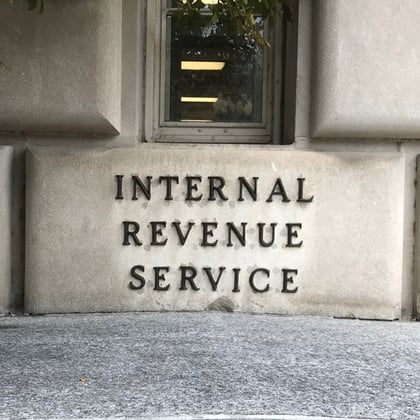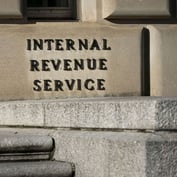The Internal Revenue Service announced Wednesday that it is continuing its crackdown on wrongly claimed employee retention credits (ERCs) by sending out more than 20,000 disallowance letters to taxpayers and setting up a new voluntary disclosure program.
When properly claimed, the ERC is a refundable tax credit designed for businesses that continued paying employees during the COVID-19 pandemic while their business operations were either fully or partially suspended due to a government order or had a significant decline in gross receipts during the eligibility periods.
According to the IRS, the disallowance letters are being sent as the IRS continues increased scrutiny of ERC claims in response to misleading marketing campaigns that have targeted small businesses and other organizations.
The IRS says these mailings represent the latest move in an expanded compliance effort that includes a special withdrawal program for those with pending claims who realize they may have filed an inaccurate tax return. Later this month, a separate voluntary disclosure program will be unveiled allowing those who received “questionable payments” to “come in and avoid future IRS action.”
After an initial review this fall, the IRS determined that a large block of taxpayers did not meet the basic criteria for the credit, and starting this week, taxpayers who are ineligible for the credit will begin receiving copies of a form called “Letter 105 C, Claim Disallowed.”








 December 06, 2023 at 04:08 PM
December 06, 2023 at 04:08 PM












 Copyright © 2024 ALM Global, LLC. All Rights Reserved.
Copyright © 2024 ALM Global, LLC. All Rights Reserved.